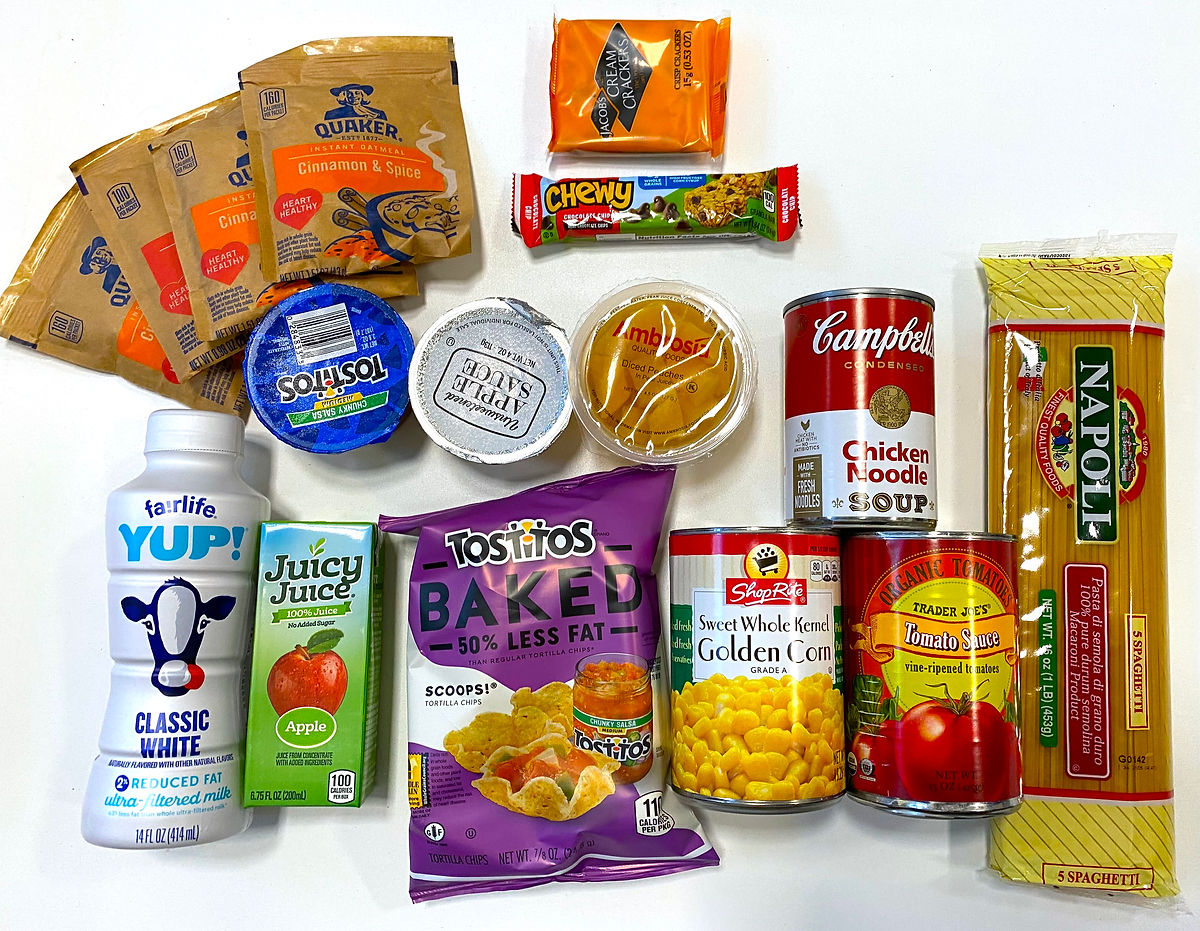Food is a basic need for growth and development, especially in young children, and providing them with essential nutrition improves not only their physical health but also their mental health. UNICEF’s State of the World’s Children Report 2019 declared that “Investing in child nutrition is key to human capital formation because nutrition is central to children’s growth, cognitive development, school performance, and future productivity.” Hunger hinders a child’s ability to participate fully in school and other activities. Research has shown that food-insecure children are at an increased risk of falling behind their food-secure peers, both academically and socially, and may be more likely to exhibit behavioral problems, including aggression and anxiety.
The Center of the Developing Child at Harvard studied the effect of childhood stress on a child’s development. Stress comes from Adverse Childhood Experiences (ACEs) during the first 18 years of life. The more ACEs a child experiences, the more likely they are to suffer from health issues (physical and mental), substance abuse, and poor academic achievement. Of the ten types of childhood trauma measured in the study, one is physical neglect and is described as not having enough food to eat. By removing this trauma/stress, the course of each child’s life in the weekend meal program is being changed.
Filling in the Blanks strives to strengthen and empower healthy communities by increasing access to healthy food, specifically for low-income children and their families, through its Weekend Meal Program.
Since 2013, Filling in the Blanks has been fighting childhood hunger for low-income families by providing meals directly to the children each weekend to bridge the gap when they do not receive nutrition from their schools, after-school programs, or summer camps. For the children that we serve, the weekend brings an interruption to the meals they receive during the week from their schools, after-school programs, or camps. This disrupts their eating patterns and causes a reduction in the amount and quality of food they have access to. The Weekend Meal Program addresses this by providing continued breakfast, lunch, and healthy snacks through the weekend with various menus.
Filling in the Blanks has worked with hospital and school nutritionists to create meal bags that will nourish each child’s body and mind enrolled in the program. The expected outcome is to remove one worry from their lives, put them on more equal ground with their food-secure peers, and provide consistent nutritional support.
The program’s long-term goal is to increase academic achievement in school and increase opportunities for success in their lives. Filling in the Blanks also strives to provide a sense of community for the children, introduce them to healthy eating, and teach them about how food grows by exposing them to a variety of age-appropriate nutrition/healthy eating storybooks that inspire curiosity about food and interest in trying new foods.
A fourth-grader enrolled in the Weekend Meal Program said, “When I was in Kindergarten, we didn’t have much food. My mom heard about the [weekend meal] program and signed up for it. Now every Friday, our cabinet is full.”
“It [the Weekend Meal Program] helps us never go to sleep hungry” – High school student enrolled in the Weekend Meal Program.
Right now, many children and their families are experiencing food insecurity for the first time. No parent should ever have to tell their child that there is nothing left to eat. Filling in the Blanks remains committed to being a critical resource for the local community. The first need being met by the Weekend Meal Program is that of nourishment. As a result of meeting that basic need, we will also contribute to the children’s physical well-being, peace of mind, ability to focus on tasks, and the ability to learn. With an improved focus in the classroom, less worry at home, and nourishment to keep development on track, we hope to see children who are limited by nothing as they grow and mature.
